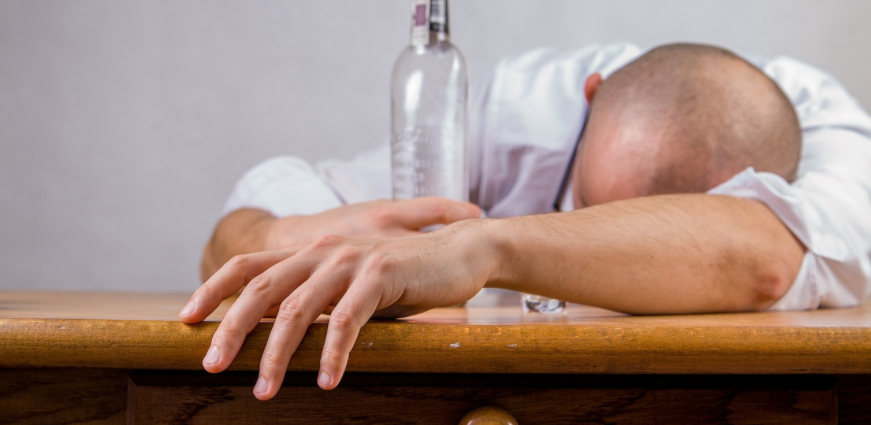|
|
Alcohol abuse is a widespread issue and the danger signals are easy to recognize. Let’s look at the most common problems and, if you can answer yes to even one of the following questions, you have a drinking problem. (Adapted from the College Alcohol Problems Scale, revised, 2001).
Ask yourself – “When I drink alcohol, I sometimes…
1. Engage in unplanned sexual activity.”
2. Do not use protection when engaging in sex.”
3. Drive a vehicle under the influence.”
4. Feel sad or depressed.”
5. Engage in illegal activities associated with drug use.”
6. Have been nervous or irritable.”
7. Have felt bad about myself.”
8. Sometimes have problems with sleeping or with my appetite.”
How is it that a person who rarely drinks can get tipsy on just one can of beer but an experienced drinker may not get tipsy until finishing the second 6-pack? Continued use of alcohol or drugs produces tolerance or neuroadaptation. The brain adjusts its chemistry to offset the drug effect. More and larger doses are required to counter the brain’s tolerance. However, an alcoholic’s brain, heart and liver suffer damage from excessive alcohol they are tolerating.
Binge Drinking
Binge Drinking and alcohol abuse have become serious problems among teens and college students. Many alcohol abusers regard themselves as “moderate drinkers.” This suggests they are in denial about how much they actually drink (Grant & Dawson, 1997). We often see examples of binge drinking during Spring Break, for example. However more than half of binge drinkers are 35 years old or older.
Moderate Drinking
Almost everyone has been to a party spoiled by someone who drank too much too fast. Possibly a “moderate drinker” that went too far. Those who avoid overdrinking generally have a better time and so do their friends. But how do you avoid drinking too much? After all, “the consciousness dissolves in alcohol.” The effect of alcohol sneaks up on you. You might not feel the effect of the first drink before you find yourself sipping your third. It requires a little skill to regulate drinking in social situations, where the temptation to overdrink may be strong. If you choose to drink, here are some helpful guidelines.
Pace Yourself
1. Think about your drinking beforehand and plan how you will manage it.
2. Drink slowly and eat a little while drinking, or drink on a full stomach.
3. Make every other drink a non-alcoholic beverage.
4. Limit your drinking to just the first hour of a party or social event.
5. Practice how you will politely but firmly refuse drinks.
6. Learn how to relax, meet people, and socialize without relying on alcohol.
This report is not a diagnosis. We hope this information can guide you toward improving your life.
Review our Knowledge Base or the links displayed on this page for similar and related topics.

